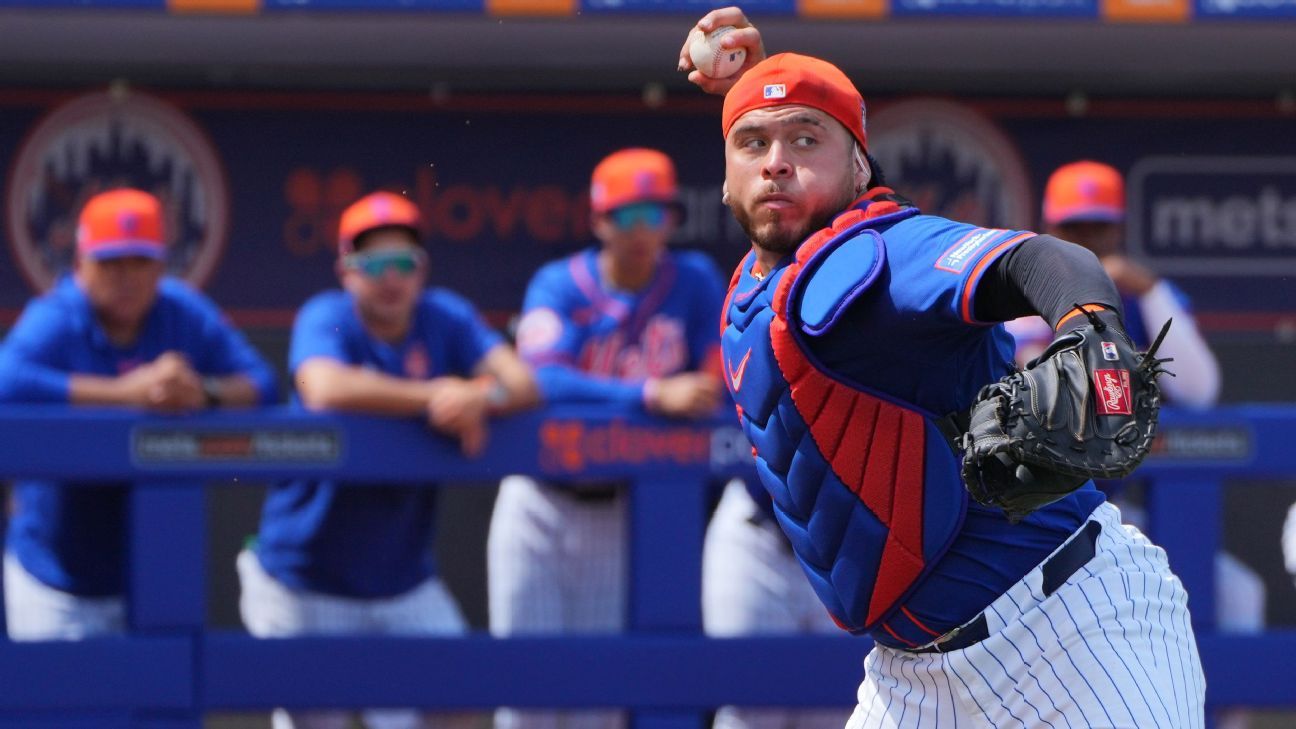
Ethiopian sprints to 3000m World Indoor title, while Briton lands the first major honour of his career
The final morning of competition in Belgrade saw Selemon Barega upgrade his World Indoor 3000m silver from four years ago to gold as the Ethiopian won a last-lap shootout with compatriot Lamecha Girma while Marc Scott came through to take bronze – the first global honour of his career and Britain’s first medal of these championships.
In a hugely tactical race which ebbed and flowed as the Ethiopian team plan paid off, the 10,000m Olympic champion hit the line in 7:41.38 ahead of Girma’s 7:41.63, while Scott slashed his previous indoor best with 7:42.02 for third – having positioned himself well in the penultimate lap before a composed closing circuit took him past the Kenyan duo of Daniel Ebenyo and Jacob Krop and on to the podium.
Having broken the European indoor record for the 5000m earlier this year and also holding the British mark for the 5km on the roads, Scott now has a major medal to go with his progressively improving times.
The US-based athlete is confident it could be the first of many and certainly didn’t flinch when asked if he could now be the natural successor to four-time Olympic champion Mo Farah.
“I am trying to fill those shoes, inch by inch, it’s going very well,” said Scott, his leg bleeding from the spike marks of battle. “I have the times behind me, one medal now, and we will look for more this summer.”
Scott will now go for the three major championships which lie in wait later this year – the outdoor World Championships, Commonwealth Games and European Championships. Expectations around him will now grow, but the 28-year-old has received a major boost from mixing it with the world’s finest.
“The worlds are the hardest,” said the first British world indoor 3000m medallist since Rob Denmark in 1991. “But obviously the big names were out there today. The two ahead of me are very talented guys, arguably the best in the world, so to be only a stride away from them shows what I can do. With another good few months of training under me, there is no reason why I can’t get some medals this summer.”
The 28-year-old was also more than happy to have ensured his country will not leave Belgrade empty-handed, with the major medal hopes of Keely Hodgkinson and Elliot Giles having had to withdraw through injury during the first two days of competition.
“There’s a little bit of gloom around the team, just obviously our two big names – Keely and Elliot – didn’t start, which was a big shame,” he added. “We needed to get a medal and I’m glad to do that.”
For his part, Barega was more than happy with his morning’s work, winning the race very much on his own terms. The 2019 World 10,000m silver medallist went to the front in the early stages to push the pace before being happy to take a step back and strike right when he wanted to.
“I decided to lead the race from the beginning because too many runners in the final were 1500m specialists,” he said, as the first 1000m was covered in 2:35.45 and 2000m reached in 5:15.14. “I just wanted to make the pace fast and comfortable. Then I have to slow down to keep more power for the finish kick. It was a very good plan and another great experience for me.”
Marc Scott (Mark Shearman)
Holloway in a class of his own
Grant Holloway looked to be in a different class to his opposition as he breezed through the opening heats of the 60m hurdles.
The world record-holder was fastest by some distance, looking completely at ease he won heat five in 7.40, with defending champion Andy Pozzi also progressing to the semi-finals from that race after finishing second in 7.60.
Pozzi’s fellow Briton, David King, joined them in the next stage after winning heat one in 7.65.
Spain and USA lead the way for 4x400m finals
In the qualifying heats for the 4x400m finals, Spain were quickest in the men’s event after clocking 3:06.98 to win heat two, with Czech Republic second-fastest in a time of 3:07.25.
Belgium were heat one winners in 3:07.43, while the Netherlands took heat three in 3:07.64 from defending champions Poland (3:07.90). Great Britain were third in that race and took the final qualifying spot with 3:08.30 while the USA line-up, which featured world 800m champion Donavan Brazier, failed to go through after Isaiah Harris seemingly pulled his quad on the anchor leg and had to run the last 150m through the pain barrier. The USA finished eighth-fastest overall in 3:09.11.
The Americans had no such problems in the women’s event as the defending champions qualified fastest from heat one in 3:28.82 ahead of the Netherlands’ 3:29.36. Heat two winners Poland went through in 3:30.51, as did second-placed Jamaica (3:30.91). Belgium produced a national indoor record 3:30.58 to finish as fourth-fastest qualifiers, just ahead of Great Britain’s 3:30.69 – a time which also saw them through.















 Phone: (800) 737. 6040
Phone: (800) 737. 6040 Fax: (800) 825 5558
Fax: (800) 825 5558 Website:
Website:  Email:
Email: 






